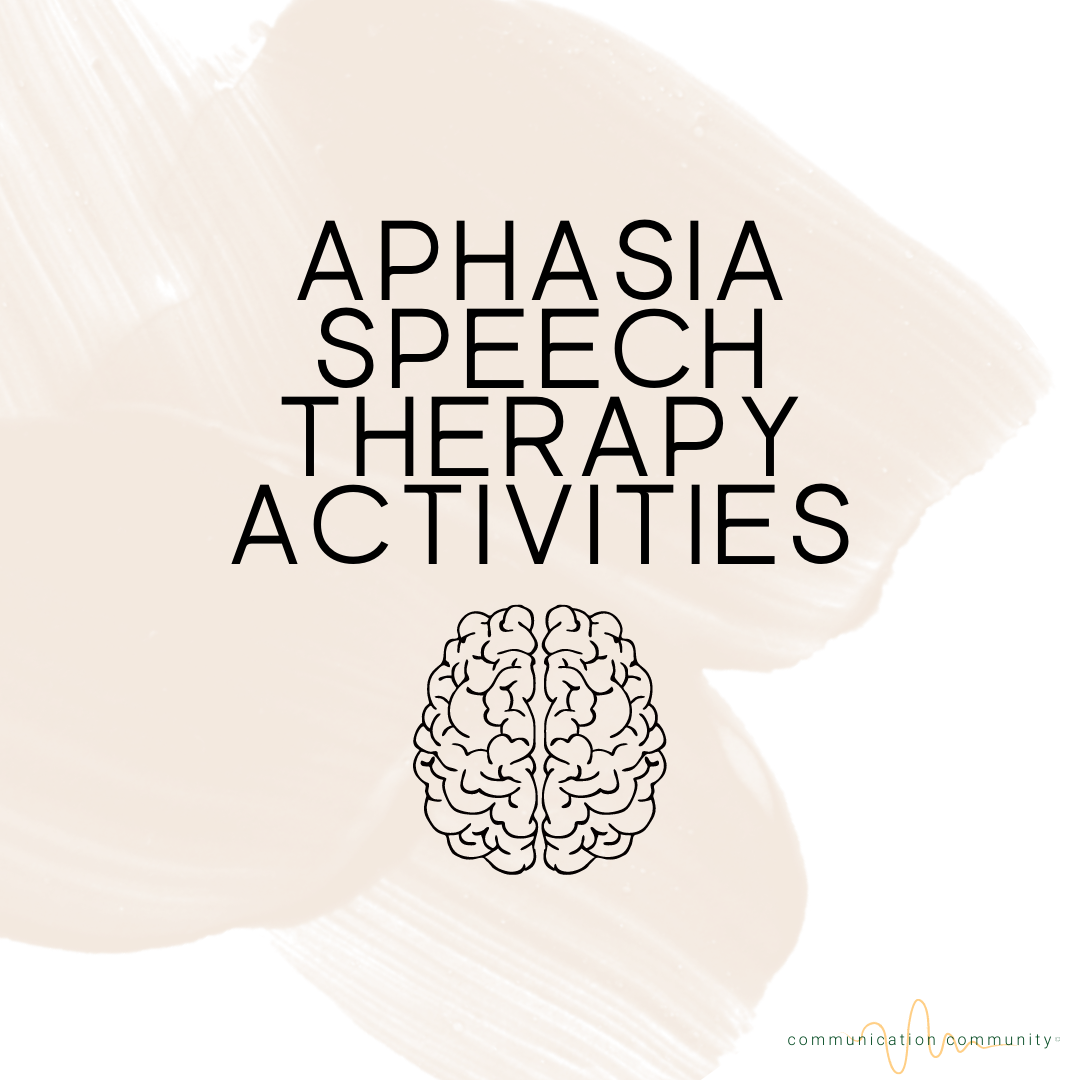Boost Your Fertility with These 7 Healthy Foods for Women
Healthnews: Fertility is a complex issue that can be influenced by a range of factors. While there are many treatments available for women who struggle to conceive, one of the simplest and most effective ways to increase fertility is to adopt a healthy diet. In this article, we will explore seven healthy foods that can help women boost their fertility.
Spinach
Spinach is a leafy green vegetable that is packed with essential vitamins and minerals that can help to improve fertility. It contains high levels of folate, which has been shown to help women conceive and reduce the risk of birth defects. Spinach is also a good source of iron, which can help to regulate menstrual cycles and increase the chances of ovulation.
Avocado
Avocado is a superfood that is rich in healthy fats and antioxidants. These nutrients can help to improve hormone balance, which is essential for fertility. Additionally, avocados are a good source of vitamin E, which can help to improve egg quality and increase the chances of conception.
Salmon
Salmon is a fatty fish that is rich in omega-3 fatty acids. These healthy fats can help to regulate hormone levels and improve the quality of cervical mucus, which can make it easier for sperm to reach the egg. Salmon is also a good source of vitamin D, which has been shown to improve fertility in women.
R E A D :
- The Sweet Benefits of Honey Enhancing Health and Wellness
- Blueberries The Magical Fruit that Improves Health from the Inside and the Outside
- Fish Oils The Superhero of Omega-3 Fatty Acid
Berries
Berries are a delicious and nutritious addition to any diet. They are rich in antioxidants, which can help to protect the eggs from damage and improve overall fertility. Berries are also a good source of vitamin C, which has been shown to improve the quality of sperm and increase the chances of conception.
Lentils
Lentils are a type of legume that are packed with protein, fiber, and essential vitamins and minerals. They are a good source of folate, which has been shown to improve fertility in women. Lentils are also a good source of iron, which can help to regulate menstrual cycles and improve the chances of ovulation.
Greek Yogurt
Greek yogurt is a high-protein dairy product that is rich in probiotics. These healthy bacteria can help to improve gut health, which is essential for fertility. Additionally, Greek yogurt is a good source of calcium, which has been shown to improve the chances of conception.
Sweet Potatoes
Sweet potatoes are a root vegetable that is rich in beta-carotene. This nutrient has been shown to improve fertility in women by regulating the menstrual cycle and improving the quality of eggs. Sweet potatoes are also a good source of fiber, which can help to regulate blood sugar levels and improve overall health.
 |
| 7 Healthy Foods for Boosting Female Fertility, Healthnews // SneakPeek |
* Fertility is a complex issue, but there are many simple steps that women can take to improve their chances of conceiving. By incorporating these seven healthy foods into their diet, women can improve their overall health and increase their fertility. So why not start incorporating these foods into your diet today and take the first step towards a healthy pregnancy?






















